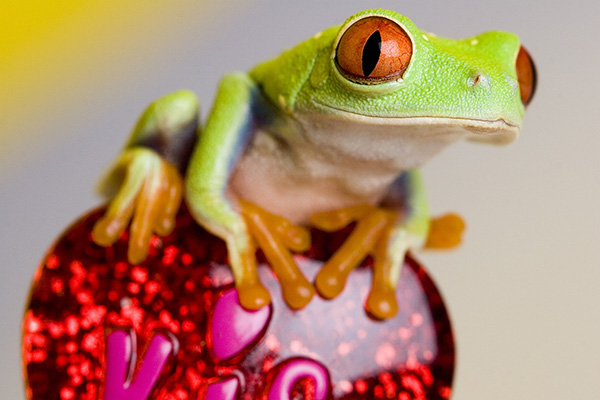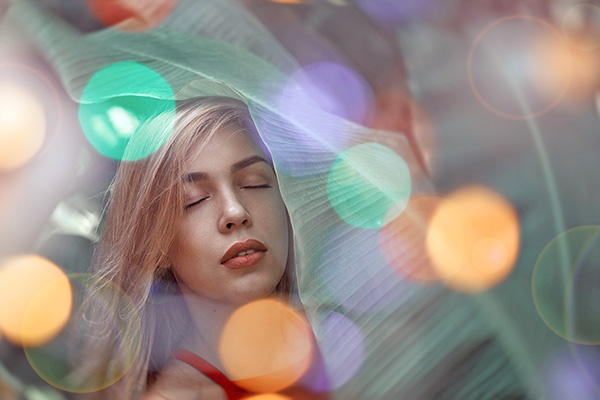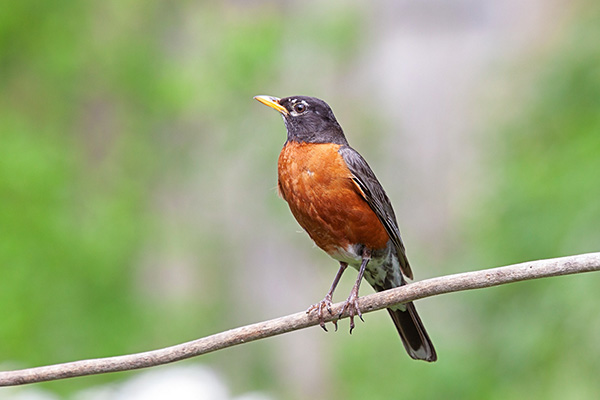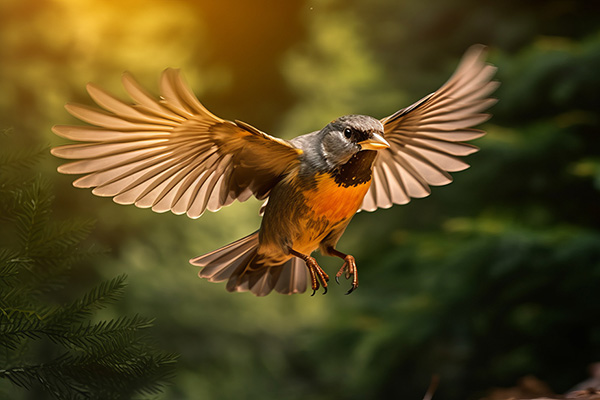nature meditation
Frog’s Wisdom To Adapt To Change
 I must admit, when I initially discovered that my spirit animal is the frog, my ego took somewhat of a dive! The frog is such a small, insignificant creature that is mostly overlooked, and certainly not the most attractive of species.
I must admit, when I initially discovered that my spirit animal is the frog, my ego took somewhat of a dive! The frog is such a small, insignificant creature that is mostly overlooked, and certainly not the most attractive of species.
In had secretly hoped my totem animal might be a majestic, powerful animal that commands attention and is admired, even adored. But here was the tiny frog, my spirit guide.
However, once I uncovered some of the spiritual symbolism of this amazing little being, I soon grew to embrace its guiding presence in my life. Frog has in fact been teaching me much about myself, my path, and my place in the world.
The magnificent little frog’s most prominent attribute is its ability to adapt and transform. Frogs are all about change and new beginnings. They are also associated with purification, rebirth, and welcoming luck and abundance into your life. Frog is therefore the ideal power animal for anyone going through major changes in their life.
In my case, it was the opposite. Over the years, I had gradually developed a worldview that was somewhat stringent, restrained, and resistant to change. My inability to communicate with grace and clarity further complicated this outlook by causing me to become frustrated, and sometimes even angry and resentful.
The fact that I chose to perceive life in a self-limiting way was not apparent to me, until frog showed up. But with frog’s inspiration the realization started to sink in that it was not that the world was not kind, patient and accommodating towards me, but instead that I was creating resistance and that my needs and expectations were not always clearly expressed to others.
Reflections
 Sitting on the porch. Rocking. Yes, rocking in my willow rocking chair, surrounded by the smell of petrichor – that delightful odor the earth gifts us with when fresh rain is coming down after a long, dry spell. The aroma of the freshly hung chile ristras greets me in the Santa Fe, New Mexico tradition at this time of year, when the growing season is done and the picking of the season’s ripe offerings has begun. Richness abounds with the aromas of the petrichor and the strung pods of red chile blending in the softness of the evening breeze.
Sitting on the porch. Rocking. Yes, rocking in my willow rocking chair, surrounded by the smell of petrichor – that delightful odor the earth gifts us with when fresh rain is coming down after a long, dry spell. The aroma of the freshly hung chile ristras greets me in the Santa Fe, New Mexico tradition at this time of year, when the growing season is done and the picking of the season’s ripe offerings has begun. Richness abounds with the aromas of the petrichor and the strung pods of red chile blending in the softness of the evening breeze.
The automatic flood light and the blue laser lights have come on, as they do every day at dusk, to illuminate the waterfall in the garden, although it’s still a bit early for them to shine their brightest. Not quite dark enough yet, but soon it will be. I just fed my precious four-legged fur daughter her dinner. Now that my day is done and another week has gone by, I am contemplating whether or not I have done well this week.
Yes, I believe so! I have learned so much and have grasped many new concepts. I also renewed my awareness of some familiar concepts that were in need of repetition, so I could complete some hard earned lessons. And I found resolution to some newer viewpoints on old issues. Whew! I feel I’ve been turned wrong side out in just one week, only to realize it is the other way around. I was wrong-side-out before. Now I’m right-side-in, or more so at least.
I look up from my musings to see the lights. It is dark now and they’re shining brightly against the dark night sky. The lasers look like blue fireflies as they pinpoint their magical presence. The synchronicity feels deeply significant. At the end of another week, after much breaking down of old thought patterns, I see the flood light and laser lights reflecting the realization that I am different now than last week, or at any time before.
The Robin Outside My Window
 Birdwatching has become a favorite pastime for me over the last year or two. This morning, I noticed a robin building a nest on one of the air conditioning units on a neighbor’s deck, directly opposite my window.
Birdwatching has become a favorite pastime for me over the last year or two. This morning, I noticed a robin building a nest on one of the air conditioning units on a neighbor’s deck, directly opposite my window.
I was overjoyed! We’ve had very dry weather here in my state since mid-spring, causing robins to struggle finding nesting materials.
Some years ago, I found a newborn chick on a sidewalk while out for a walk. I could not tell for sure what species of bird it was, but it looked like it might be an American robin. I found no nest nearby to put it back into and had no idea what to do with it, but take it home. Sadly, it did not survive.
Since then, I’ve had some ‘robin guilt’ and wished I could have done more to save it. I suspect this stems from another robin incident, when I was growing up. Back then I also tried to care for older fledglings that ultimately didn’t make it. Should I have let nature take its course, instead of trying to take things into my own hands?
Last fall, after the breeding season ended, I purchased some mealworms and placed them by the forested ridge at the end of the complex where I live. The hungry robins were very appreciative, especially after the first frost. It warmed my heart! I plan to continue helping the robins around my apartment complex as the drought continues.
The deeper truth is that robins always remind me of my father. The Latin name for the American robin is turdus migratorius, because it is a migratory songbird that is free-roaming and very sensitive to environmental conditions. However, because they are highly adaptable, their migratory habits tend to be sporadic, even random.
Spring Is A Time For Personal Renewal
 With the recent equinox in the Northern Hemisphere, the spring season is returning once again, bringing with it a renewed sense of energy and optimism. The longer days, warmer weather, chirping robins, and budding blossoms beckon us to start afresh and make some positive life changes.
With the recent equinox in the Northern Hemisphere, the spring season is returning once again, bringing with it a renewed sense of energy and optimism. The longer days, warmer weather, chirping robins, and budding blossoms beckon us to start afresh and make some positive life changes.
As the seasons merge from cold to warm, it’s the perfect time to let go of some unwanted ‘winter habits’ and embrace some healthier lifestyle practices in the coming weeks.
One of the most uplifting ways to embrace the spirit of spring is to let go of things that no longer serve and support the best version of you. It’s a time to clear out the mental, emotional and physical ‘clutter’ and make space for new blessings to come our way.
Whether it’s a bad habit, a toxic relationship, or simply old possessions no longer needed, getting rid of what no longer serves us is always a liberating, empowering experience.
Releasing old energy and letting go of attachments can be challenging and complicated, but it is essential for our personal growth and well-being. We often hold onto things way too long out of fear, insecurity, or simply habit. It limits us from experiencing new and exciting opportunities. Life begins outside our comfort zone.
Think of it like cleaning out your closet. We all have clothes that no longer fit, are out of style, or we simply don’t wear anymore. Removing these items makes room for fashionable new items that better reflect who we are today that we will love to wear.
The Sacred Tradition Of Smoke Cleansing
 Smoke cleansing is an ancient spiritual practice found in many faiths, cultures, and wisdom traditions all over the world. These age-old rituals, ceremonies and healing practices involve the burning of various aromatic plants, resins, and woods and have been practiced since humans first discovered fire. Traditionally ceremonies and rituals involving smoke are mostly used for energy cleansings and spiritual blessings, but the purposes, techniques and materials used vary widely among belief systems, tribes, nations, and cultures.
Smoke cleansing is an ancient spiritual practice found in many faiths, cultures, and wisdom traditions all over the world. These age-old rituals, ceremonies and healing practices involve the burning of various aromatic plants, resins, and woods and have been practiced since humans first discovered fire. Traditionally ceremonies and rituals involving smoke are mostly used for energy cleansings and spiritual blessings, but the purposes, techniques and materials used vary widely among belief systems, tribes, nations, and cultures.
The burning of incense, for example, was a revered practice in ancient Egypt as part of religious ceremonies. This practice continues today in the Roman Catholic church, with the burning of incense to amplify prayers and intentions.
In both Hinduism and Buddhism, incense is burnt for ritual offerings and rites, while in ancient China incense was burned during festivals and processions to honor ancestors and household gods, and in Japan it is part of the Shintō purification ritual.
In ancient Rome cinnamon was burnt during funerals. The Assyrians burned various aromatic woods in their homes, temples, and places of healing. In traditional Chinese medicine, the burning of agarwood and sandalwood is done to promote emotional wellness and physical healing.
One of the most well-known smoke cleansing traditions, especially in the United States, is known as smudging. To ‘smudge’ means ‘to make a smoky fire’ or ‘to emit a dense smoke.’ Smudging involves various purification and healing ceremonies originally practiced by the indigenous peoples of the Americas. Certain sacred herbs are traditionally used in smudging to purify and bless people and places, of which the most commonly used today is white sage or salvia apiana, also known as bee sage or sacred sage. It is an evergreen perennial shrub native to the southwestern United States and northwestern Mexico.

